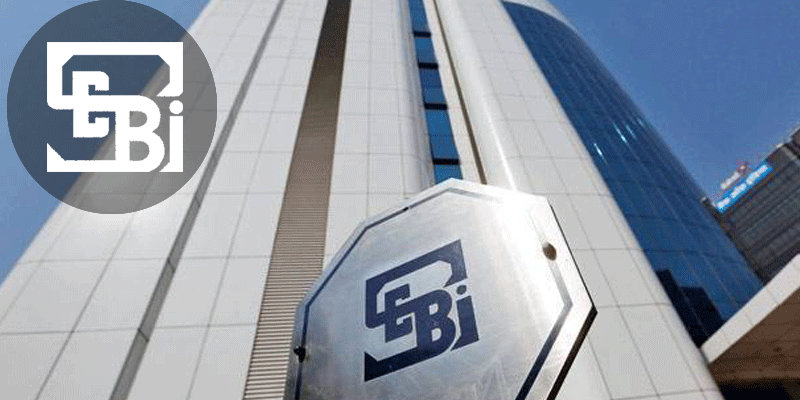Are you investing in stocks and mutual funds to attain your financial goals? Do you want to learn the dos and don’ts of investing in the Indian stock markets? You may consider looking at the Securities and Exchange Board of India (SEBI’s) investor charter to protect investors in the Indian securities market. It aims to protect investors from the misselling of financial products. SEBI released the investor charter on 15 November 2022, as per the proposals of the Union Budget 2021-22. What are investor responsibilities under the SEBI investor charter?
What is SEBI’s investor charter?
SEBI was established on 12 April 1992 to regulate the Indian capital market and protect the interests of investors in the securities market. It frames rules and guidelines to safeguard the rights of investors and prevent malpractices in the stock market.
SEBI has released an investor charter to ensure you get fair treatment when investing in the Indian securities market. It addresses investor grievances filed on SEBI Complaints Redress System (SCORES) promptly. Moreover, it ensures you get quality services from SEBI-registered entities, intermediaries and asset management companies.
SEBI’s investor charter has a vision of protecting the interests of investors by helping them understand the risks involved in the securities market. It enables you to get services from SEBI-registered market infrastructure institutions efficiently and securely.
What are investor responsibilities under the SEBI investor charter?
SEBI has come out with a list of responsibilities and do’s and don’ts for investors in the equities market. It has asked you to deal only with SEBI-registered intermediaries and SEBI-recognised market infrastructure. Moreover, you must update your contact details such as a permanent address, email ID, mobile number, nomination and important Know Your Customer (KYC) details if there are changes.
You must ensure that you take up any grievances regarding your stocks or mutual funds with concerned SEBI-registered entities within a stipulated time. Moreover, investors in the securities market must ensure that their accounts are utilised only for their benefit.
Dos and don’ts for investors in the SEBI investor charter
You must read all requisite documents carefully, such as offer documents, before investing in mutual funds and IPOs. For example, the offer document in an IPO contains valid information on the company, projects, promoters, purpose of raising funds, financial details, etc.
You must study the grievance redressal mechanism, which helps you address any problems with equity investments. You must carefully check the risks of investing in stocks and mutual funds.
It helps to keep track of account statements of your equity investments, and you must bring any discrepancies to the attention of the concerned authorities. You must study the various fees, margins, premiums and other charges involved in different transactions and preserve all transaction-related costs.
SEBI advises investors never to share any vital information such as passwords and account details with anyone. You must never make payments in cash for any securities market investments beyond the prescribed limit.
SEBI publishes a status report on the disposal of investor grievances received through the SCORES portal every month. Moreover, SEBI has established a mechanism where all SEBI-registered entities must disclose the average time to resolve investor-related grievances on their websites. SEBI has placed an alternate dispute redressal mechanism to address grievances against depository participants and brokers. In a nutshell, SEBI’s investor charter protects investor interests in the Indian securities market.
For any clarifications/feedback on the topic, please contact the writer at cleyon.dsouza@cleartax.in

I write to make complicated financial topics, simple. Writing is my passion and I believe if you find the right words, it’s simple.





